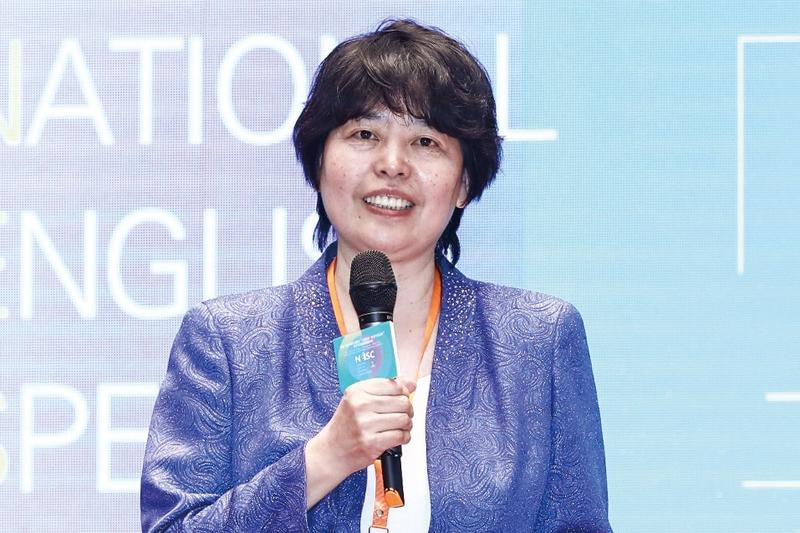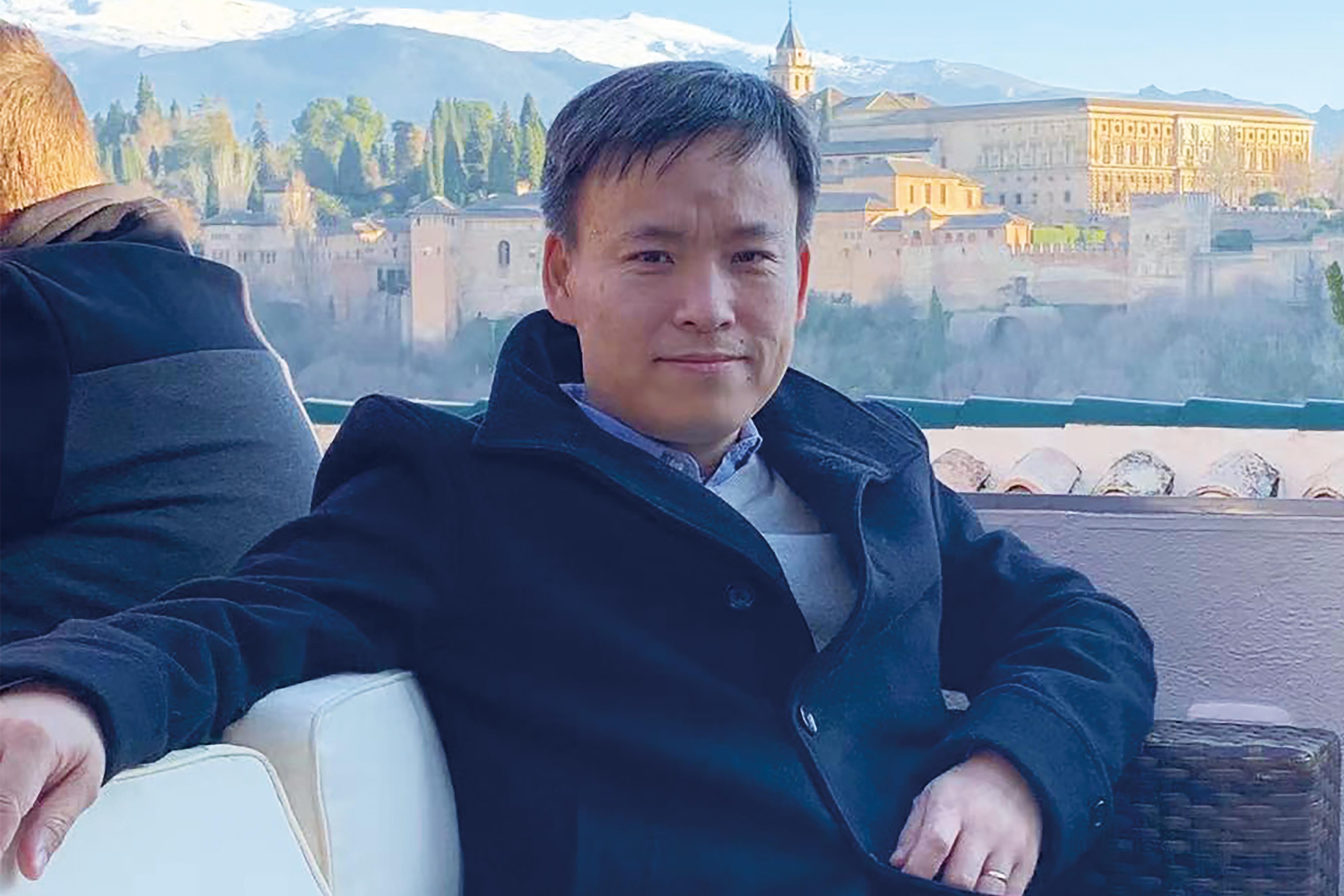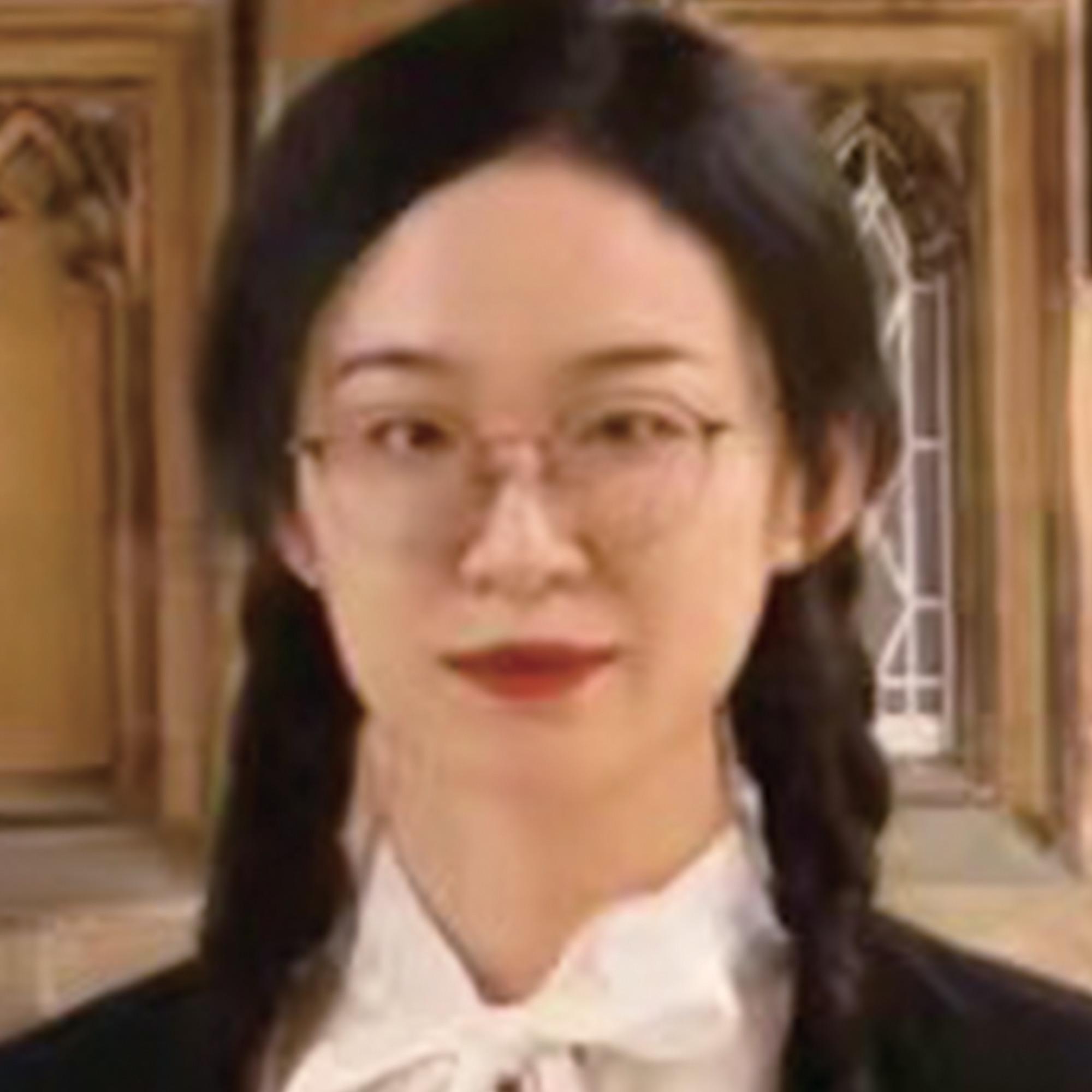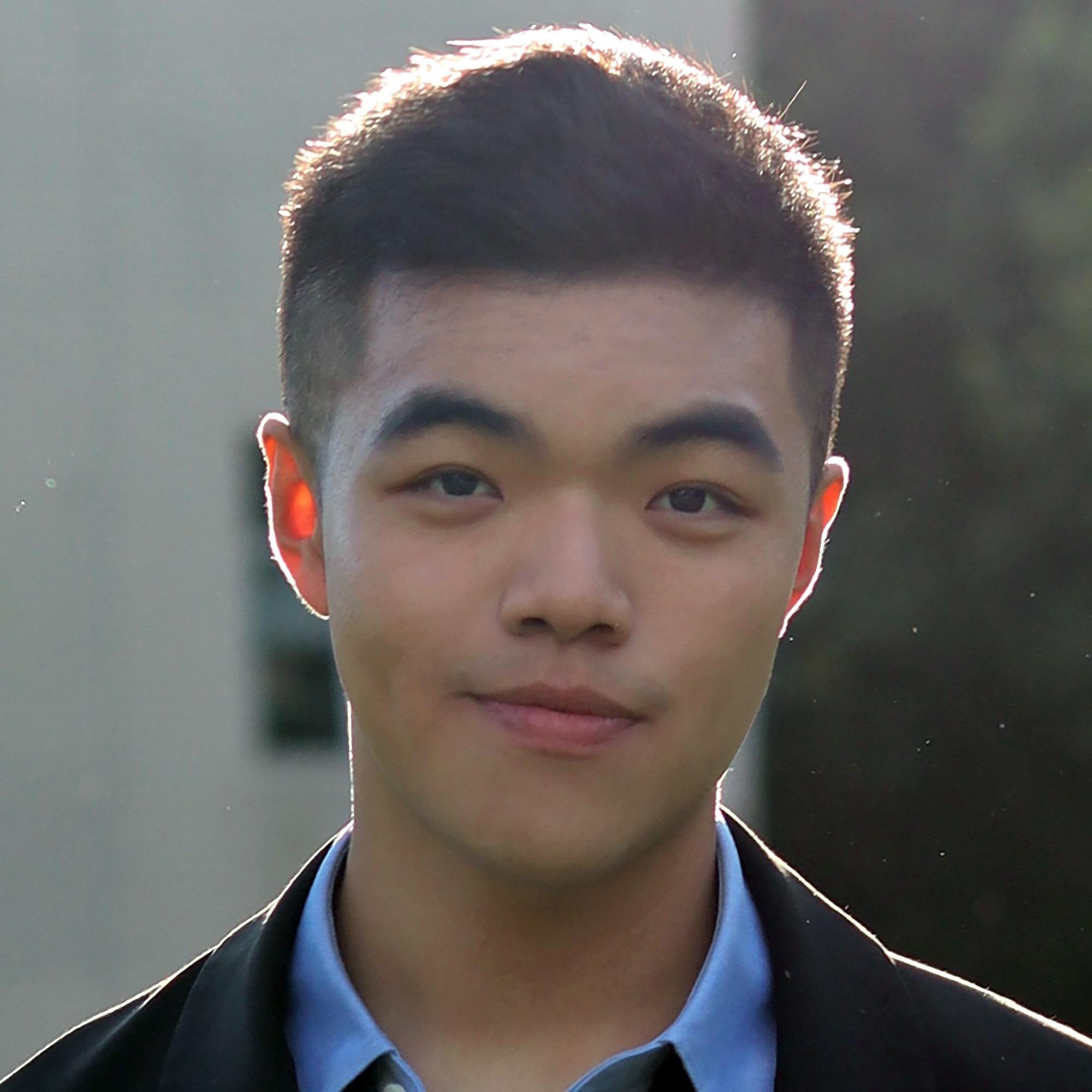Decision-making time has arrived for millions of students across the country as they prepare to leave the campus and enter the job market, Chen Xue and Wang Xingwei report.
 Zhou Yifan (third from left) takes a picture together with his school friends before their performance at the graduation gala on June 11. (PHOTO PROVIDED TO CHINA DAILY)
Zhou Yifan (third from left) takes a picture together with his school friends before their performance at the graduation gala on June 11. (PHOTO PROVIDED TO CHINA DAILY)
Editor's note: It's graduation season once again. A new batch of graduates is preparing to step out of the ivory tower and into the real world. How is their job hunting going? Is it better to follow your heart or just take any job that comes your way? Does leaving school spell the end of learning? We interviewed some professors and graduates to find out.
 Wu Minsu, professor, doctoral adviser of the Television School, Communication University of China. (PHOTO PROVIDED TO CHINA DAILY)
Wu Minsu, professor, doctoral adviser of the Television School, Communication University of China. (PHOTO PROVIDED TO CHINA DAILY)
Wu Minsu, professor
Doctoral adviser of the Television School, Communication University of China
Although it was said that this year was going to be a difficult one for new graduate student job hunting — the first one since the end of the pandemic — Wu said her students seem to be having no trouble navigating the job market. But she did notice that their choices were slightly different from those of their predecessors.
They care less about what previous graduates might think of as "staples" — things like the Beijing hukou, or household registration status. "For them, a job that offers hukou is not as appealing as a job that pays well," said Wu.
Also, while previous college graduates in Beijing tended to stay in the city for work, this year's graduates are more willing to look elsewhere and find job opportunities in, for example, the Yangtze River Delta city cluster, including Shanghai and Nanjing, as well as the Guangdong-Hong Kong-Macao Greater Bay Area. Some are also choosing to go back to their hometowns.
Wu believes the reason that her students stand out in the job markets is due to their versatility — international journalism and communication majors have strong English-language skills alongside video filming and editing skills. The video projects they took part in on a daily basis were not small class assignments but key projects organized by the Television School on a state level.
"Students have already engaged in important media work while at school, which means they don't need any extra time to adjust from textbooks to jobs — they can start working right after graduation," said Wu.
For graduates who are hesitant to settle on a job — either because they think it's not good enough for them or it's not what they truly like — Wu always tells them that they should first just aim to get a job, then to choose a job and then to create a job.
"You simply need a job — any job — so you can be financially independent and not living off your parents anymore. After a few years of experience, you'll have more job options — being able to choose a job that you really like. And eventually, when you accumulate enough resources, both financially and skill-wise, you could even start your own business," said Wu.
 Yu Runsheng, professor, party secretary of the School of Humanities, Central Academy of Fine Arts. (PHOTO PROVIDED TO CHINA DAILY)
Yu Runsheng, professor, party secretary of the School of Humanities, Central Academy of Fine Arts. (PHOTO PROVIDED TO CHINA DAILY)
Yu Runsheng, professor
Party secretary of the School of Humanities, Central Academy of Fine Arts
There is a wide range when it comes to fine arts majors — oil painting, traditional Chinese painting, design, architecture, sculpture, and art history, just to name a few — so the choices of graduates are diverse, said Yu. They either become full-time artists, enter research centers, teach in high schools or colleges, or do design work for technology and internet companies.
"With the advancement of people's material lives, they have higher requirements for cultural and art products, and they are more aware of the importance of aesthetic education and creative design," said Yu.
Just like graduates of other majors, art students also tend to work in bigger cities such as Beijing or those in eastern China's coastal areas as they believe these cities hold the country's majority of art resources, such as art markets, museums and galleries. But Yu said graduates should change their mindsets and also consider less developed areas in middle and western China. Not only have modern transportation and the internet greatly narrowed the gap between these areas and big cities, but they might also be home to different kinds of art resources.
"Many remote areas have their unique local traditions and cultural heritages that are worth exploring. These are valuable resources for art students," said Yu. "Also, life in big cities can be stressful, which isn't ideal when it comes to jobs requiring creativity. The relaxing and tranquil environment of small towns can help give artists inspiration."
But graduating from college and landing a job is no guarantee of a fruitful life. Yu said that with artificial intelligence developing the ability to replace human labor, especially for repetitive types of work, art students — and perhaps all students — shouldn't just settle for basic-level jobs.
"The core value of human beings is their unrestrained imagination and creativity," said Yu. "That's what can't be replaced."
And to make sure that they don't lose their creativity, Yu recommends that graduates always keep a curious mindset and pursue lifelong learning.
"Only if you are constantly curious will you keep exploring outward to the outside world and inward to your inner self," Yu said. "And only if we keep learning can we avoid becoming slaves to technology and instead be the real owners of our future."
 Zhang Qianyu, Renmin University of China, Beijing. (PHOTO PROVIDED TO CHINA DAILY)
Zhang Qianyu, Renmin University of China, Beijing. (PHOTO PROVIDED TO CHINA DAILY)
Zhang Qianyu
Renmin University of China, Beijing
From a high school student to an undergraduate to a postgraduate, Zhang, 28, is finally getting her doctorate at Renmin University of China and is ready to don the red graduation gown.
But this graduation season is a bit different for her. Unlike previous ones, during which Zhang would bid a happy farewell to her classmates, anticipating her next stage of studies, this time she feels excited but also anxious because her next adventure will be out in society — the real world.
"I will miss this ivory tower where I could dig into my international studies major without any distractions," said Zhang. After graduation, she will need to deal with many new life matters, such as finding a place to live. "Even though I have a doctorate, when it comes to social skills, I think I'm still a freshman."
This is why Zhang and her peers have been preparing for this moment for a little while now. They have been spending more time with each other — get-togethers that these international studies majors fittingly call "table diplomacy" — during which they catch up on all the latest happenings in each other's lives and discuss their "personal development issues".
"One of our common concerns in the final year is whether our job offers are really suitable for us," Zhang said. "Fearing regret, some of my peers have been hesitant to make career choices."
As for Zhang, she has decided to work as a researcher in a scientific institution, continuing her work on international political economy. It was an easy choice for her since she believes that no matter what job you choose, everything will work out for the best as long as you follow your heart and do something you're passionate about and good at.
"Everything in life happens according to a certain timing, like a clock. And everyone has his or her own path to go down," said Zhang.
 Bao Yu, University of Cambridge, UK. (PHOTO PROVIDED TO CHINA DAILY)
Bao Yu, University of Cambridge, UK. (PHOTO PROVIDED TO CHINA DAILY)
Bao Yu
University of Cambridge, UK
Bao, 23, is working at an international school in Beijing, a career she never imagined she would have.
As a recent graduate of the University of Cambridge, Bao still remembers the special moments after the commencement ceremony in November 2022.The graduates were dressed in the school's traditional black gown and joined a procession around the town. Many local people lined the streets and clapped as the procession went by. "It felt like a scene from a Harry Potter movie," she said.
Bao had aspired to study at Cambridge since childhood and completing a one-year postgraduate program there felt like a dream come true for her. But after graduation, she felt uneasy. "I had no idea what my next goal was and what to do next," she said.
In fact, she was offered a place in a PhD program at Cambridge, which in many people's eyes would be an unmissable opportunity, but not to Bao. "I don't think I have a lifelong passion for academia, even though I was nicknamed 'Scholar Bao' by my peers at school," she said.
Fortunately, in what she calls "the toughest days" of her life, she was given an opportunity to take a job in the education sector back in China, which, she said, gave her direction.
Together with her team, Bao now provides admission counseling to around 200 high school students. In her daily interactions with these teens, Bao says she can see herself in them — they have similar thoughts, motivations and confusions as her younger self. Therefore, Bao hopes to make good use of her experiences to help them plan their futures and spare them from unnecessary twists and turns like those that she went through.
"I'm gratified to find that my students are making progress after taking my suggestions," she said.
Recalling her school days, Bao recognizes her courage to chase her dream. "I believe where there's a will, there's a way. But more importantly, you've got to find out what you want, and keep it in mind when making decisions," she said.
And right now, she's certain that being an educator is exactly what she wants.
 Zhou Yifan, University of International Business and Economics, Beijing. (PHOTO PROVIDED TO CHINA DAILY)
Zhou Yifan, University of International Business and Economics, Beijing. (PHOTO PROVIDED TO CHINA DAILY)
Zhou Yifan
University of International Business and Economics, Beijing
Growing up in a Chinese-Italian family in Italy, Zhou, 22, has always been fascinated by the idea of studying in China. So when an opportunity presented itself four years ago, he went for it.
Zhou is now a senior majoring in international business at the University of International Business and Economics. During the past four years, he has explored China and met many local people, as well as enjoyed the colorful campus life and opportunities, including being a volunteer for the Beijing Winter Olympics.
As a Gen Zer active on social media, he is also a vlogger, recording stories about his life in China.
"Raised in a cross-cultural background, I can understand many Chinese ideas and express them in Western ways. So it seems fitting for me to bridge the gap between China and Western countries," said Zhou.
As graduation season approaches, Zhou is busy taking part in many campus activities, including the graduation gala. He is very much looking forward to the moment when the dean turns the tassel on his cap at the graduation ceremony.
"These will be unique memories for me in China, which I have never experienced before," said Zhou.
While enjoying the excitement of graduation, he is also fully aware that it's time to think about his future.
Born into a family of businesspeople, Zhou developed an interest in commerce from a young age. When it comes to his career, Zhou's parents hope that he can get a stable and decent job in the commercial industry. But Zhou would rather start his own business trading across borders.
"I know there will be a lot of pressure in running my own company, but as long as I learn and grow, I'm willing to take on the heavy workload," he said.
Thanks to the part-time internships that Zhou did in his school days, he believes that the transition from campus to society will be easier for him than most graduates. But he also admitted that it might take him some time to put what he has learned from textbooks into practice.
"I think academic achievements and social experiences like internships are equally important in college as the latter really helps with your personal growth," Zhou said.
Contact the writers at chenxue@i21st.cn


